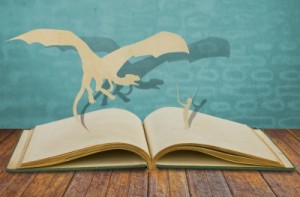Excerpts from as well as Articles & Dialogues on Published & Forthcoming Books
Daily Wisdom: Being an Insider

2011 photo courtesy of Exsodus
To be a person of Torah, to be enlightened, is to live from the inside. To be an insider, to feel ”” oh my God ”” I have a place. It’s important that I exist. I am called uniquely to do something in the world that nobody else in the world is capable of doing except myself. The experience of my irreplacability is the beginning of my joy. The experience of my replacability is the beginning of my depression. Life is about finding out, disclosing, revealing that I am an insider.
Now the reason this is important is not only because it makes me feel fully alive in the world, not only how I manifest my unique gorgeousness, but because if I don’t experience myself as an insider, my ethics, goodness, and integrity collapses.
The human being actually can’t live without the experience of being an insider. If I don’t feel that I am on the inside ”” and to be holy is to be on the inside, to be a lover is to feel from the inside. If I don’t experience my authentic experience as an insider, I try to steal that status. I draw a circle and put other people outside that circle to give myself the experience of being on the inside.
That’s an experience nobody can steal from me. Nobody can slander it away from me. It’s the essence of who I am, glimmering in the face of God. That’s myself, fully comfortable, fully alive, fully powerful, in the universe. When I don’t access it, I begin to put other people on the outside.
The Erotic & The Holy
Dr. Marc Gafni

 “Mystic philosopher Teillhard de Chardin writes, ‘The farther we penetrate into matter by means of increasingly powerful methods – the more we are overawed by the interdependence of all the parts.’ In the beautiful image of Mahayana Buddhism, speaking accurately for the Kabbalah as well, the universe can be likened to a vast net of jewels–the reflection from one jewel contained in each. In the words of Isaac of Homil, and countless Hebrew mystics over the ages downing whiskey in European shtetls or running ecstatically through Jerusalem’s ancient streets, ‘Alt is Gud v’Gud ist Alt — All is God and God is All!’
“Mystic philosopher Teillhard de Chardin writes, ‘The farther we penetrate into matter by means of increasingly powerful methods – the more we are overawed by the interdependence of all the parts.’ In the beautiful image of Mahayana Buddhism, speaking accurately for the Kabbalah as well, the universe can be likened to a vast net of jewels–the reflection from one jewel contained in each. In the words of Isaac of Homil, and countless Hebrew mystics over the ages downing whiskey in European shtetls or running ecstatically through Jerusalem’s ancient streets, ‘Alt is Gud v’Gud ist Alt — All is God and God is All!’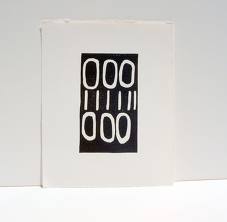 The Hebrew phrase or koan of “loosen the reins” is too wonderful not to share with you. “Harpeh et HaMoshchot.” Harpeh, meaning “loosen,” is also the word for heal. There is something powerfully healing in letting go of the tightness – loosening the fixities. The word for reins, moshchot, also means attraction or desires. Let your desires breathe; your deepest attractions are wise. Listen to them.
The Hebrew phrase or koan of “loosen the reins” is too wonderful not to share with you. “Harpeh et HaMoshchot.” Harpeh, meaning “loosen,” is also the word for heal. There is something powerfully healing in letting go of the tightness – loosening the fixities. The word for reins, moshchot, also means attraction or desires. Let your desires breathe; your deepest attractions are wise. Listen to them.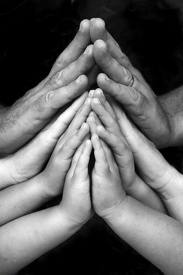 The practice of prayer is a teaching to the human being about the identification of genuine need. What is it that I truly desire? This is the sense of the popular aphorism, “Be careful what you pray for.” the prayers I choose to bring to God, the deep desire with which I pour out my heart like water before the living god, must be my most true, intimate, and genuine desire. Prayer is thus a spiritual exercise in the clarification of desire. Thus, side by side with spontaneous prayer and the creative prayer written by the individual who prays, there is also the prayer book written by the enlightened masters over the ages. It is not that their words necessarily contain mystical secrets to open the gates–although they well may–but rather it is that the prayer book is a great teaching on the identification of true desire.
The practice of prayer is a teaching to the human being about the identification of genuine need. What is it that I truly desire? This is the sense of the popular aphorism, “Be careful what you pray for.” the prayers I choose to bring to God, the deep desire with which I pour out my heart like water before the living god, must be my most true, intimate, and genuine desire. Prayer is thus a spiritual exercise in the clarification of desire. Thus, side by side with spontaneous prayer and the creative prayer written by the individual who prays, there is also the prayer book written by the enlightened masters over the ages. It is not that their words necessarily contain mystical secrets to open the gates–although they well may–but rather it is that the prayer book is a great teaching on the identification of true desire.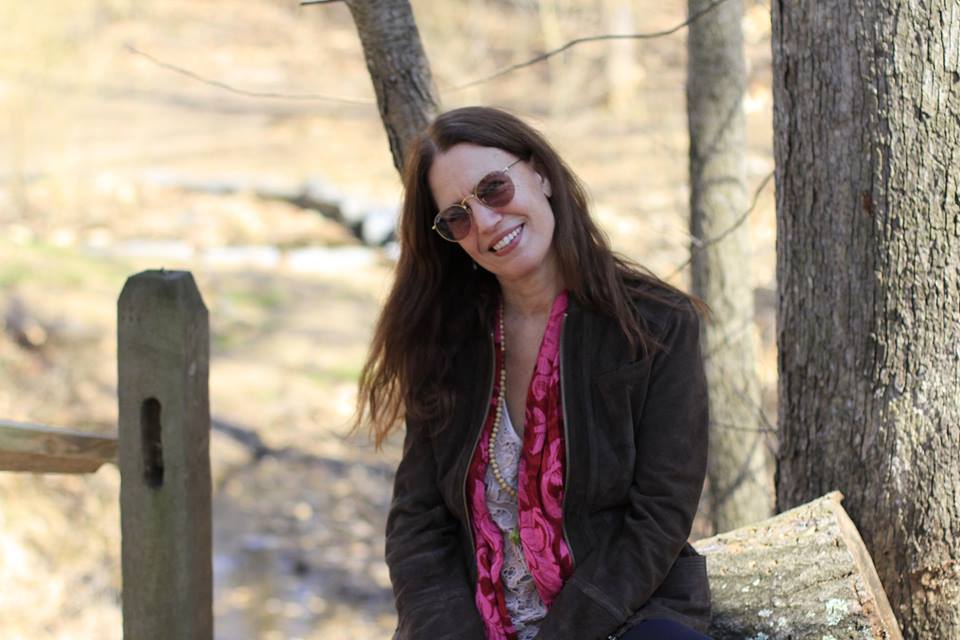
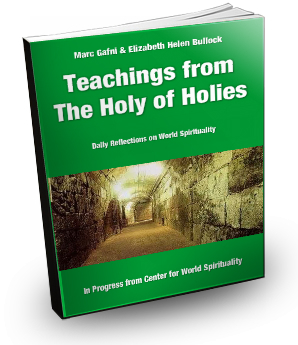
 Originally, creation was said to have been a one-time event, an erotic, divine implosion in which the primal line bisected the primal circle and cosmos poured forth. This image was recast by post Renaissance Hebrew mystics in the light of the re-ascendancy of circle consciousness. Hebrew Mystic Levi Isaac, for example, opens his commentary with a radical assertion: creation is happening every second. The force of love which is divinity is constantly pouring through existence. Indeed, it is existence itself.
Originally, creation was said to have been a one-time event, an erotic, divine implosion in which the primal line bisected the primal circle and cosmos poured forth. This image was recast by post Renaissance Hebrew mystics in the light of the re-ascendancy of circle consciousness. Hebrew Mystic Levi Isaac, for example, opens his commentary with a radical assertion: creation is happening every second. The force of love which is divinity is constantly pouring through existence. Indeed, it is existence itself.